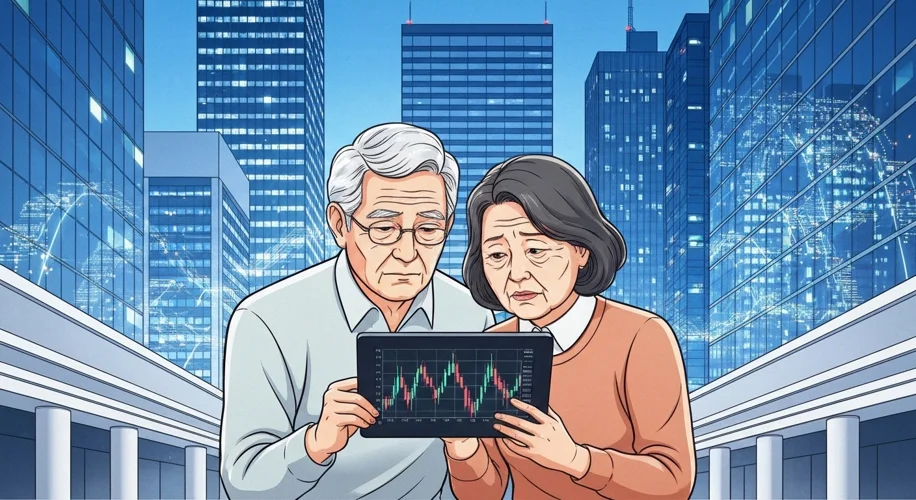It’s hard to ignore the changes happening around us. As someone who’s spent decades in technology, I’ve seen how innovation can reshape societies, often in ways we don’t anticipate. Today, I want to talk about something happening in South Korea that’s a stark reminder of this dynamic: a projected spike in elderly poverty.
This isn’t just about numbers on a spreadsheet; it’s about people’s lives. Reports suggest that changes to pension systems, coupled with economic shifts, could leave a significant portion of South Korea’s aging population facing financial hardship. This is a complex issue, touching on economics, social welfare, and even how technology can play a role in both exacerbating and solving these problems.
We’re looking at a future where more and more people will rely on pensions, but those systems are facing reform. Why? Often, it’s because the demographics are changing. Fewer workers are supporting a growing number of retirees. This imbalance puts immense pressure on pension funds.
From my perspective, this situation in South Korea highlights a broader trend. As global populations age, many countries will face similar challenges. It forces us to rethink what retirement really means in the 21st century. It’s no longer just about stopping work; it’s about ensuring financial security for decades.
Technology, of course, has a role to play here. Think about fintech solutions that could help people manage their savings more effectively, or platforms that connect seniors with flexible work opportunities suited to their skills. We also see advancements in healthcare technology that can improve quality of life, but these advancements often come with costs that need to be factored into retirement planning.
However, we must ask ourselves: are we building systems that are truly sustainable for everyone? The policy decisions made now will have long-lasting effects. It’s crucial to consider how reforms are designed, ensuring they provide a safety net without stifling economic growth or placing undue burdens on future generations.
What’s needed is a thoughtful, forward-looking approach. This involves not just economic adjustments but also a societal conversation about valuing our elders and ensuring they can live their later years with dignity and security. It’s a challenge that requires us to look beyond immediate concerns and build a more resilient future for all.

